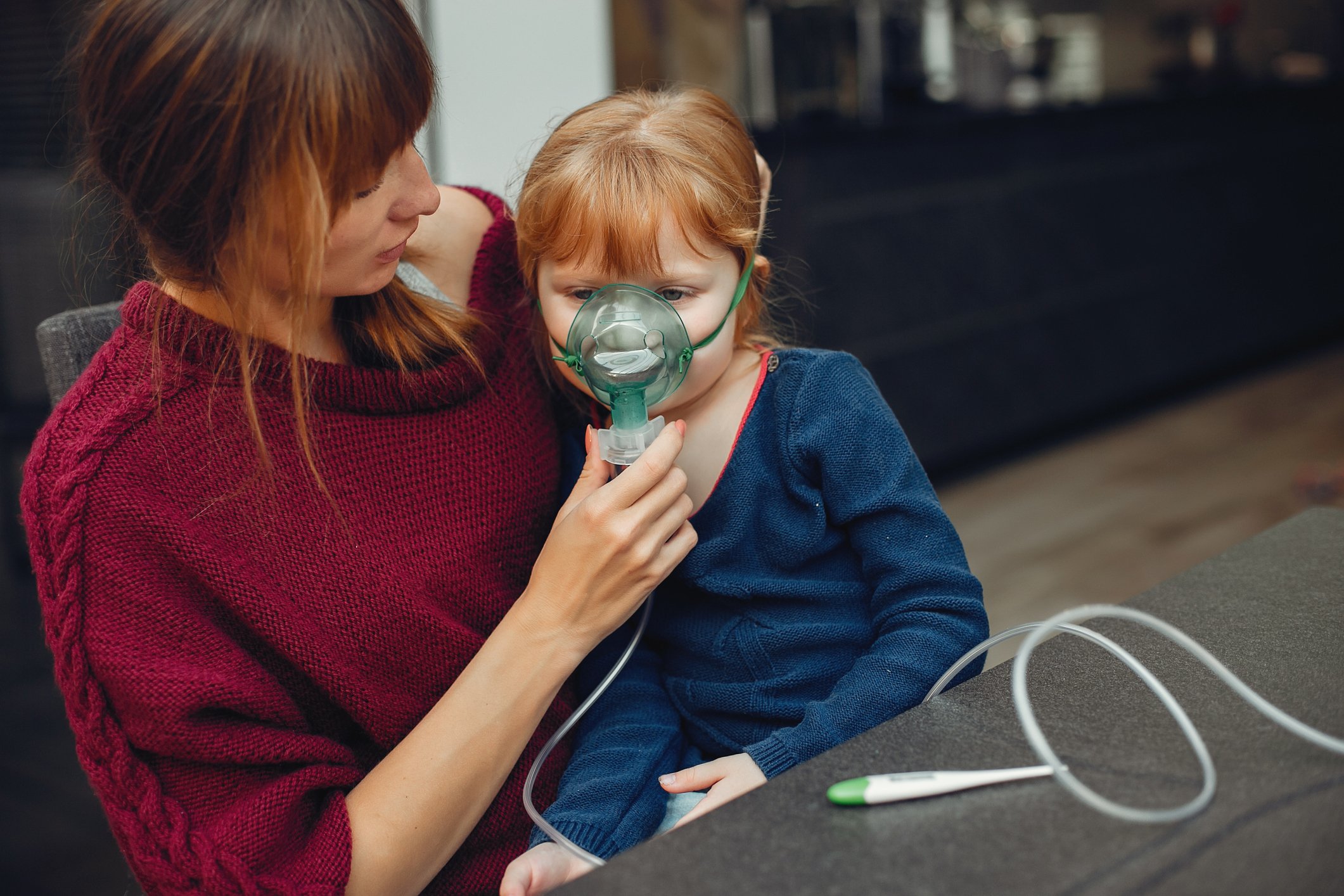Copyright 2025
Medical Security Card Company, LLC
All Rights Reserved
We take the privacy of your personal information seriously. By signing up I agree to WellRx's terms of use and privacy policy.
By Jacquelyn Buffo, MS, LPC, CAADC
December 16, 2020
Millions of people struggle with grief, and if you happen to be one of them, you are not alone. The heavy feeling of grief may feel even heavier this year due to the emergence of COVID and social isolation. Grief on its own feels cumbersome and can be debilitating. It can influence our functioning, from our ability to parent our children to our ability to focus on the job. The grieving process can seem more intense in the beginning after you initially lose someone.
Adapting to the loss of a loved one can be very challenging. At times, it can feel impossible to put one foot in front of the other and continue living your life after you have lost someone close to you. Studies show that 10–15% of bereaving individuals in the United States have a hard time adapting. Difficulty adapting to loss can manifest as extreme social isolation, drug and alcohol use, mood swings, and difficulty following through with daily responsibilities. Additional signs of grief include:
Many people seem to experience intense grief around the holidays. The holidays are a time for embracing loved ones, forgiving wrongs, and displaying acts of kindness and selflessness. It is no wonder that grief symptoms may present themselves more prominently during this time; the holidays are a time of reflection.
Contrary to what many people may believe, you can actually grieve the loss of anything, not just people. Grief can occur when you lose a pet, a home, or a prized possession, and we can even grieve the loss of future expectations; we grieve the “could haves” of the future. For example, consider a woman who was excited to get married and start a family only to find out that she’s infertile and can never carry a child. She grieves the loss of what she thought her future was going to be.
If you consider the impact 2020 has had on us, it is easy to see that grief may look and feel a bit different this holiday season. Many high school and college students are grieving the loss of their senior year—engaging in clubs and activities; playing team sports; graduating on stage in front of their proud family and friends. Many adults are grieving the loss of jobs and financial security. Others are grieving the loss of loved ones. Grief has many causes, and many people may find it difficult to cope with their grief this holiday season.
If you are concerned someone you love may be struggling with grief, try talking to them about it. Grief can feel uncomfortable, and many of us avoid discussing it. We don’t want to say the wrong thing or make the person feel worse. However, not talking about it can cause feelings of loneliness in the grieving person. Therefore, it is completely appropriate and acceptable to ask how your loved one is doing and how they are feeling. If they don’t want to talk about it, they will tell you, but at least they will know that you care.
If you yourself are struggling with intense grief this holiday season, you can do some things to help yourself cope.
Contributing is a skill in Dialectical Behavioral Therapy, and it helps you feel a little bit better. Doing something for someone else helps generate feelings of joy, happiness, gratitude, and love. Bake those cookies for the local fire department or police station, volunteer in a local charity, make a monetary donation, fold your child's clothes without their asking, or make someone their favorite meal. We can improve our mood by doing nice things for others.
Starting a new tradition around the holidays can help reenergize you and help you focus your energy and attention on something new. It can also provide you with a sense of purpose and help you feel more in control. Add a new dish to the holiday feast, introduce a new game to the family, or incorporate a family ritual to the holiday festivities. You can search the web for ideas and inspiration.
Now is not the time to set new goals or high expectations for yourself. Rather, now is the time to be extra kind to yourself. Take that mental health day off from work. Treat yourself to the pair of shoes you have been eying. Eat healthy foods to nourish your body. Being patient, compassionate, and kind to yourself are keys to effectively working through grief. Validate your emotions.
Being with people who are going through the same challenges we are can help us feel less alone. Communicating with others who have experienced what we have can help us to feel hopeful. Many support groups are meeting online these days, so attending has never been easier or more convenient. You can search for grief and loss support groups in your area as well.
Talk to a trusted loved one or a mental health professional. Putting words to what we are feeling can help us organize and let go of our thoughts and emotions that are contributing to our grief.
If you are struggling with grief, you are not alone. The experience of grief is especially hard during the holidays, and you can get through it.
Jacquelyn Buffo is a licensed professional counselor with experience and expertise in substance abuse and mental health issues. She received her MS in mental health counseling from Capella University and is a Certified Advanced Alcohol and Drug Counselor through the state of Michigan. She is also in the process of receiving her certification in dialectical behavior therapy (DBT). Jacquelyn has experience working with clients suffering from addiction and mental health issues on an in-home, residential, and outpatient basis. Currently, she works with adolescents and adults with Borderline Personality Disorder, Major Depressive Disorder, PTSD and Generalized Anxiety Disorder through Henry Ford Health System.
References:
https://complicatedgrief.columbia.edu/professionals/complicated-grief-professionals/diagnosis/
https://www.cdc.gov/coronavirus/2019-ncov/daily-life-coping/stress-coping/grief-loss.html

For your convenience, use the ScriptSave® WellRx mobile app. Now savings are well in hand, right at the pharmacy counter. Save on your family's prescription medicines.
Learn More
Your choice. Get a ScriptSave WellRx Savings Card. Or Download the free mobile app from the App Store or Google Play Store
Get A Card
ScriptSave WellRx Grocery Guidance leverages leading-edge nutritional data science to help you know which food products on your grocery store shelf are truly good for YOU.
Healthy Foods For YouTags:

July 30, 2025

July 23, 2025

July 16, 2025
You need to log into the site to use this feature
This feature requires registration. Sign up or log in to your free WellRx account to gain access to this and other tools to help make managing your medications and wellness easier.
Benefits Include:
 Store & manage your medication list
Store & manage your medication list
 Medication pricing updates
Medication pricing updates
 Medication information
Medication information
 Pill & refill reminders
Pill & refill reminders
 Medication journal & mood log
Medication journal & mood log
This feature requires registration. Sign up or log in to your free WellRx account to gain access to this and other tools to help make managing your medications and wellness easier.
Benefits Include:
 Store & manage your medication list
Store & manage your medication list
 Medication pricing updates
Medication pricing updates
 Medication information
Medication information
 Pill & refill reminders
Pill & refill reminders
 Medication journal & mood log
Medication journal & mood log
You will be redirected to your program in 5 seconds.
Our Terms and Conditions and Privacy Policy have recently been updated.
By declining you will be logged out of your account